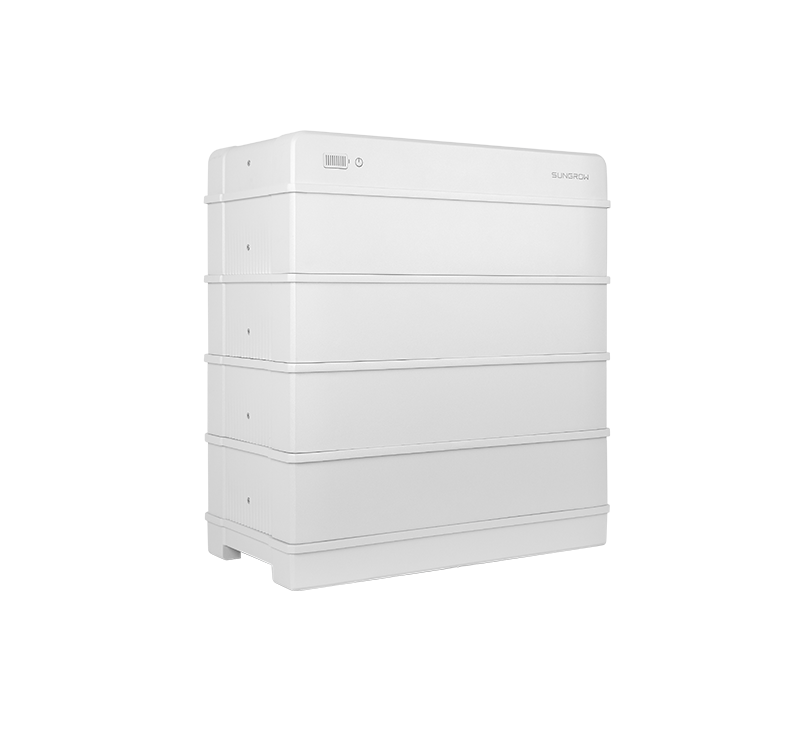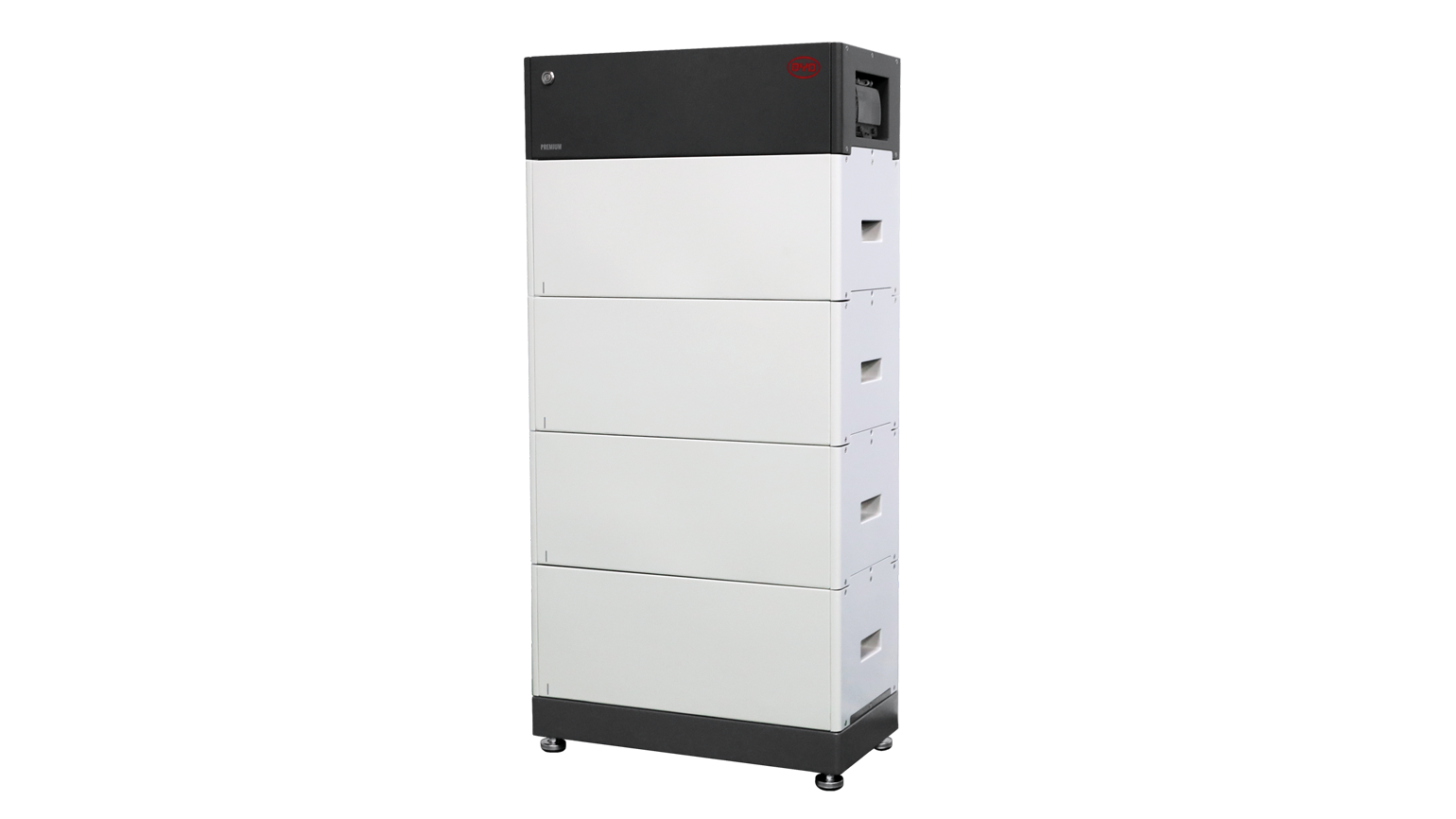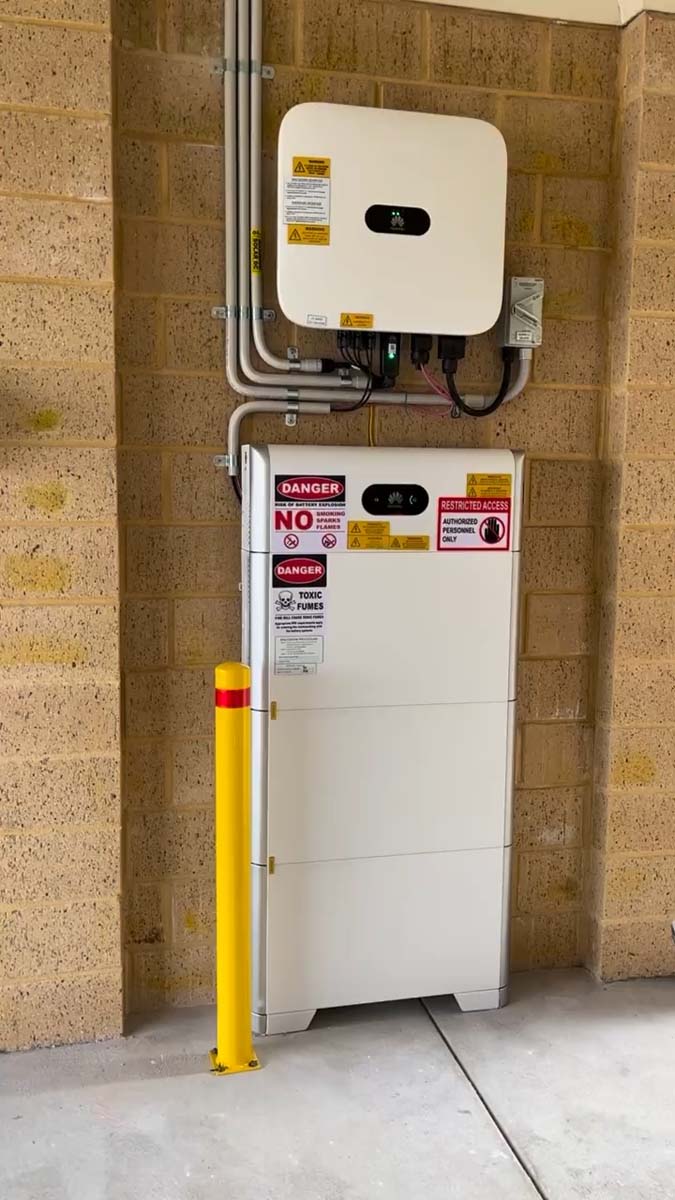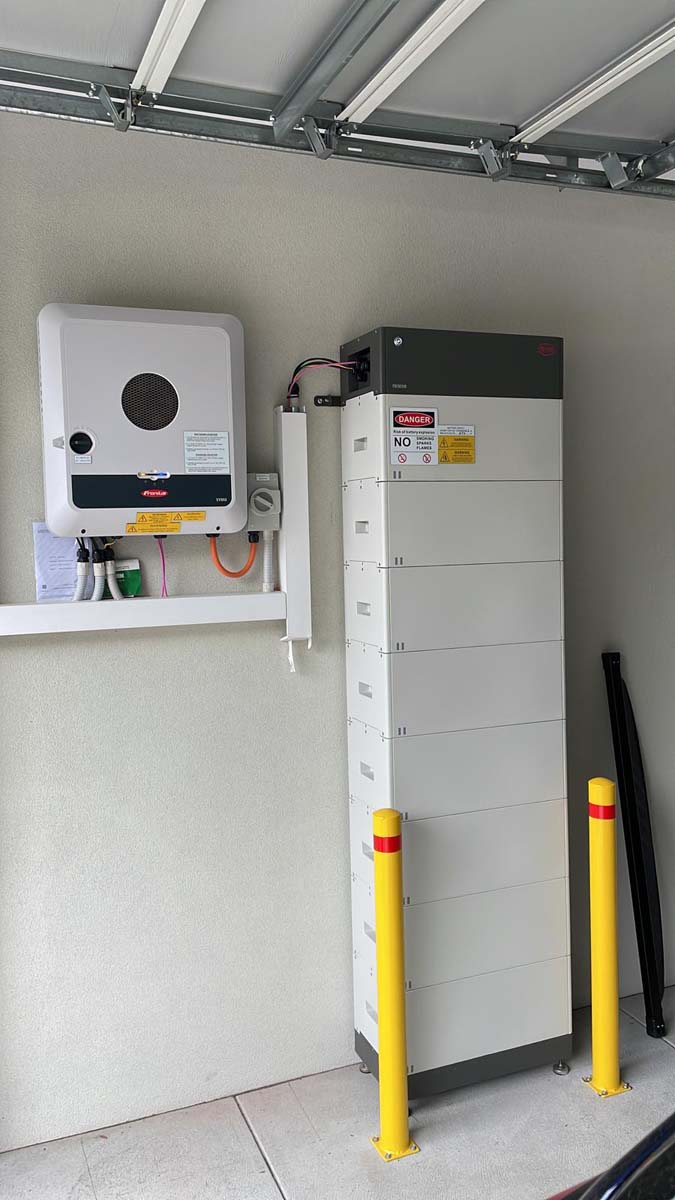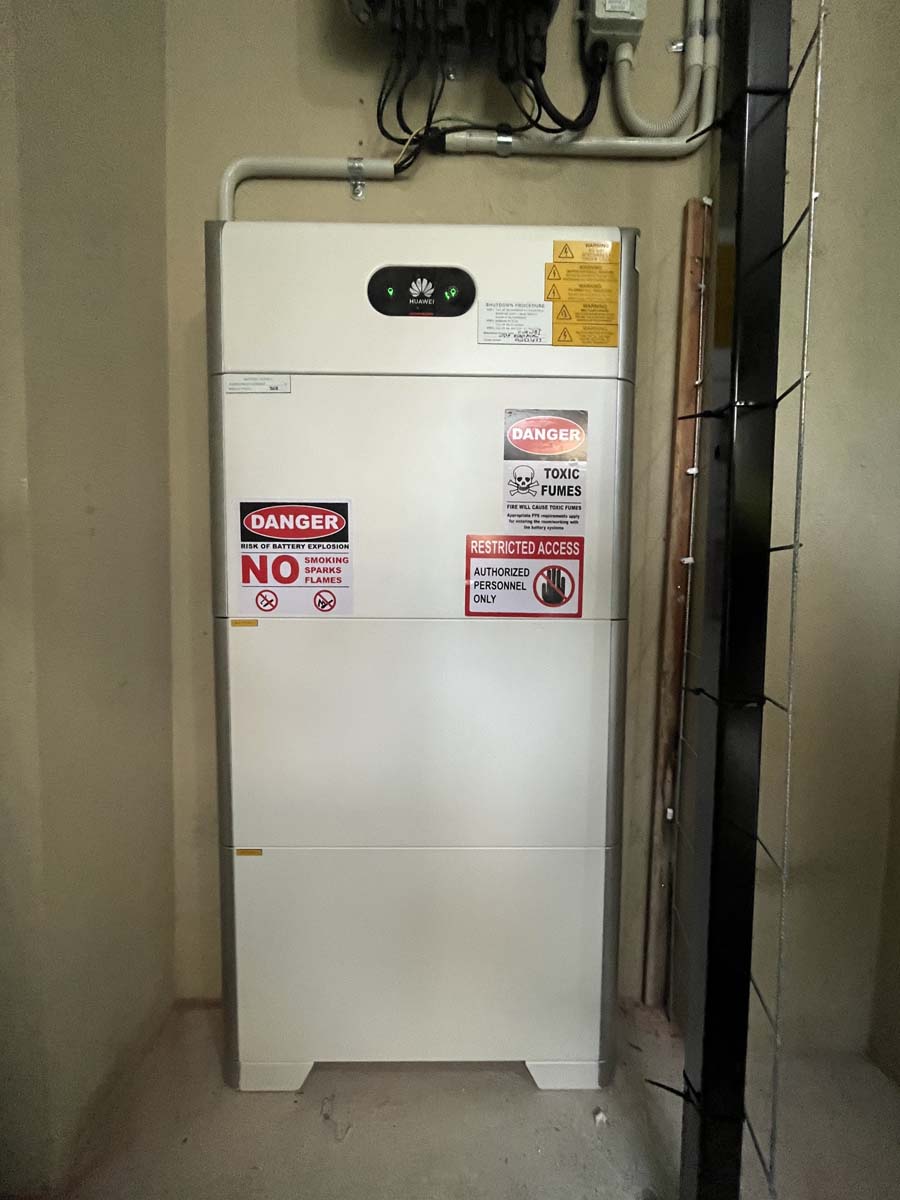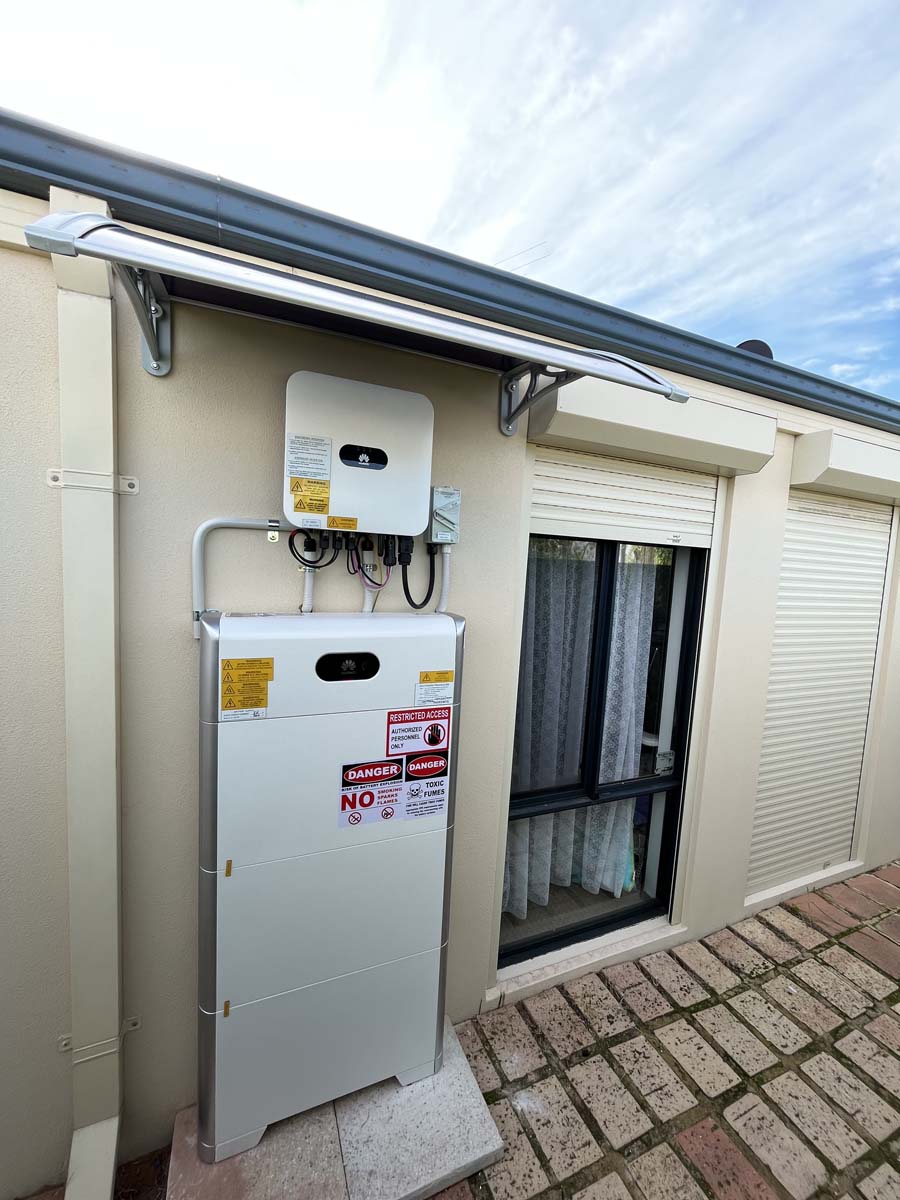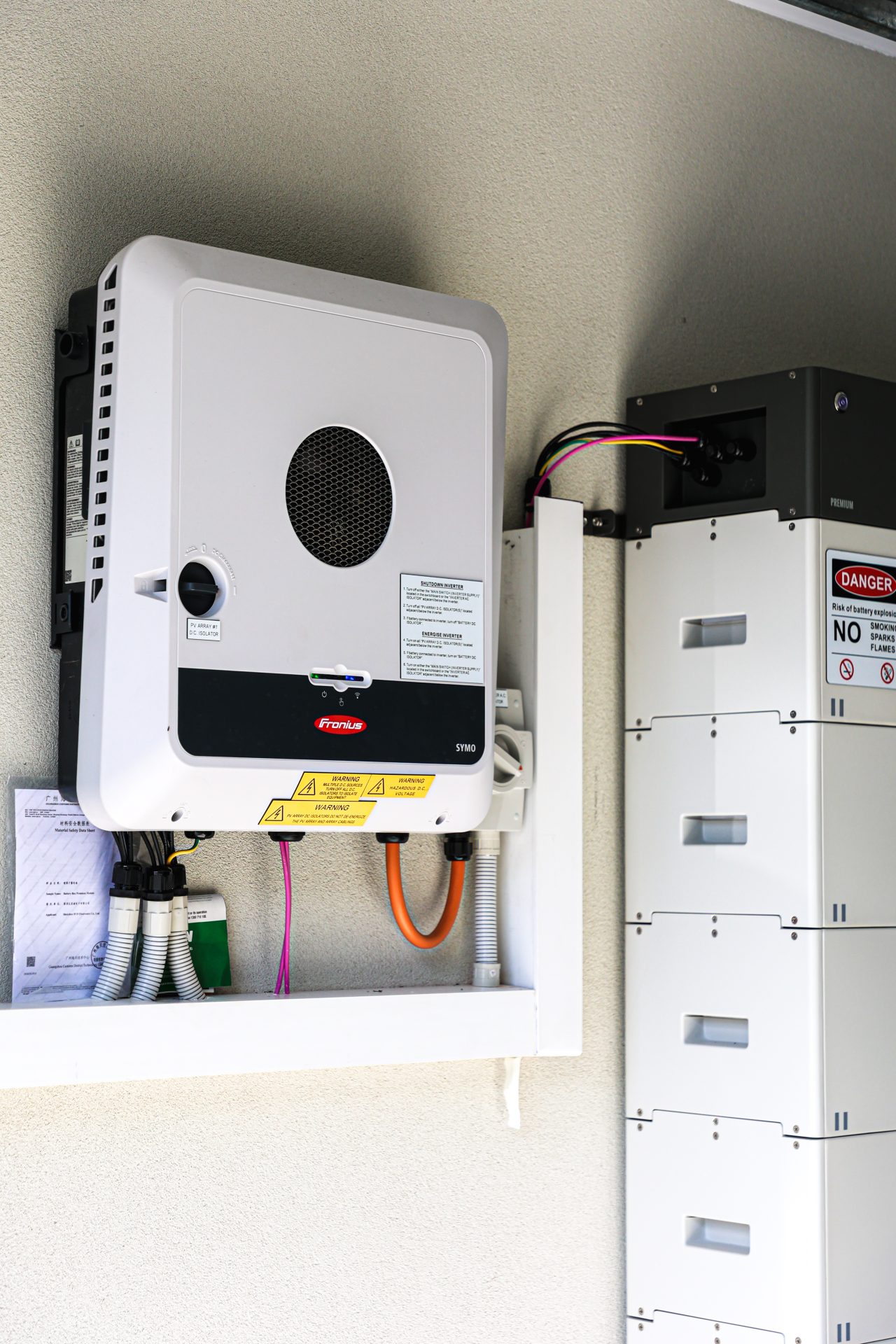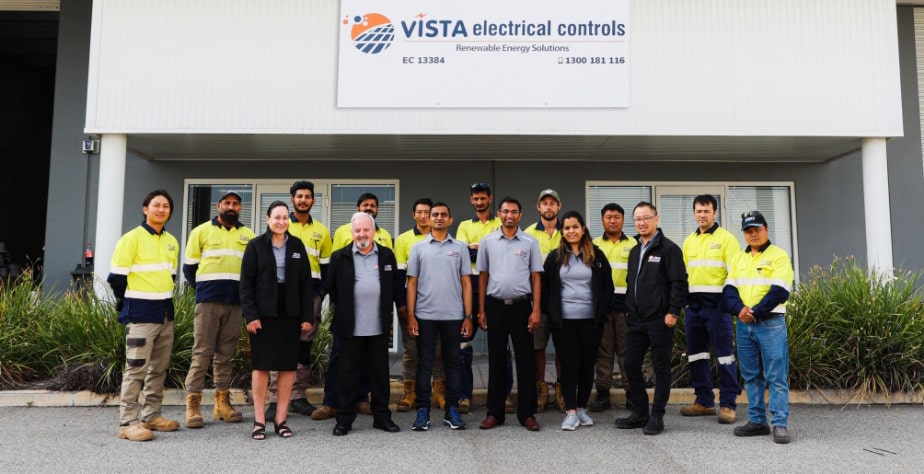Yes, there are battery rebates and incentives available in Western Australia aimed at promoting the adoption of solar energy storage systems. However, the availability and specifics of these rebates can vary, and it’s essential to check for the most current information. Here are some details about the potential rebates and incentives:
Renewable Energy Buyback Scheme (REBS)
The Renewable Energy Buyback Scheme allows households with solar panels to sell excess electricity back to the grid. While this scheme primarily focuses on solar energy, it can indirectly support the economics of a solar battery system by providing additional savings on energy bills.
Federal Government Incentives
The Australian federal government offers incentives through the Small-scale Renewable Energy Scheme (SRES). Under this scheme, eligible small-scale renewable energy systems, including solar PV systems paired with battery storage, can earn Small-scale Technology Certificates (STCs), which can be sold or traded to reduce the overall cost of the system.
Virtual Power Plant (VPP) Programs
Some energy companies and service providers in Western Australia offer Virtual Power Plant programs. These programs allow households with solar batteries to connect their systems to a larger network, enabling better energy management and providing financial incentives for participation.
State Government Trials and Programs
The Western Australian state government has occasionally launched trials and programs aimed at encouraging the adoption of battery storage systems. For instance, the Smart Energy for Social Housing project aimed to install solar PV and battery systems in social housing to reduce energy costs for tenants. While not a direct rebate, such initiatives demonstrate the state’s commitment to supporting energy storage.
Energy Provider Incentives
Certain energy providers in Western Australia may offer specific incentives or discounts for customers who install solar battery systems. These incentives can vary widely, so it’s worth checking with your energy provider to see what options are available.
How to Find Current Rebates and Incentives
To ensure you have the most up-to-date information on available rebates and incentives for solar batteries in Western Australia, consider the following steps:
- Check Government Websites: Visit federal and state government websites for information on renewable energy incentives.
- Consult Energy Providers: Contact your energy provider to inquire about any specific incentives or programs they may offer.
- Speak with Installers: Reputable solar and battery installers often have the latest information on available rebates and can assist you in applying for them.
- Research Online: Stay updated by researching online for news and updates on renewable energy incentives in Western Australia.
By taking advantage of these rebates and incentives, you can significantly reduce the cost of installing a solar battery system in Western Australia, making it a more economically viable option for your household.



